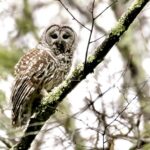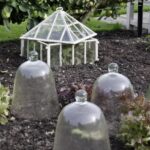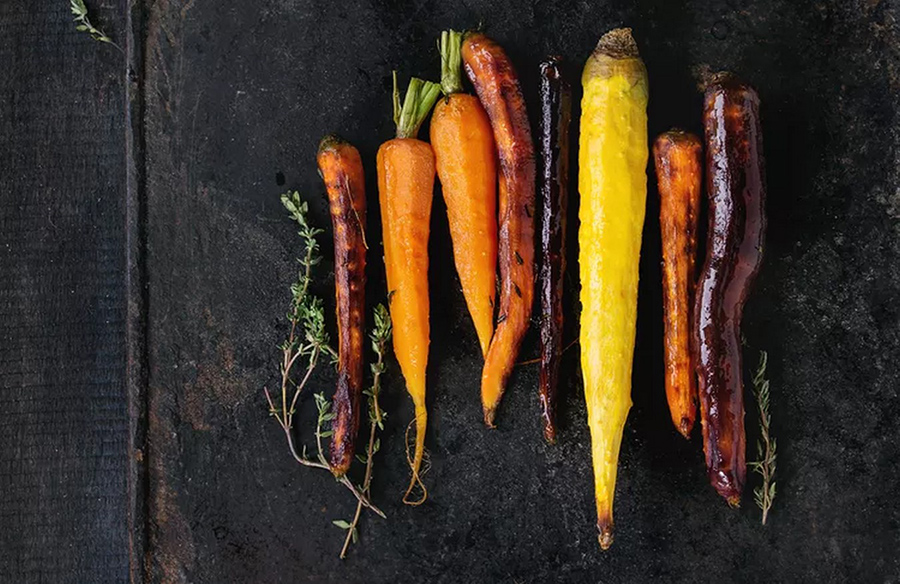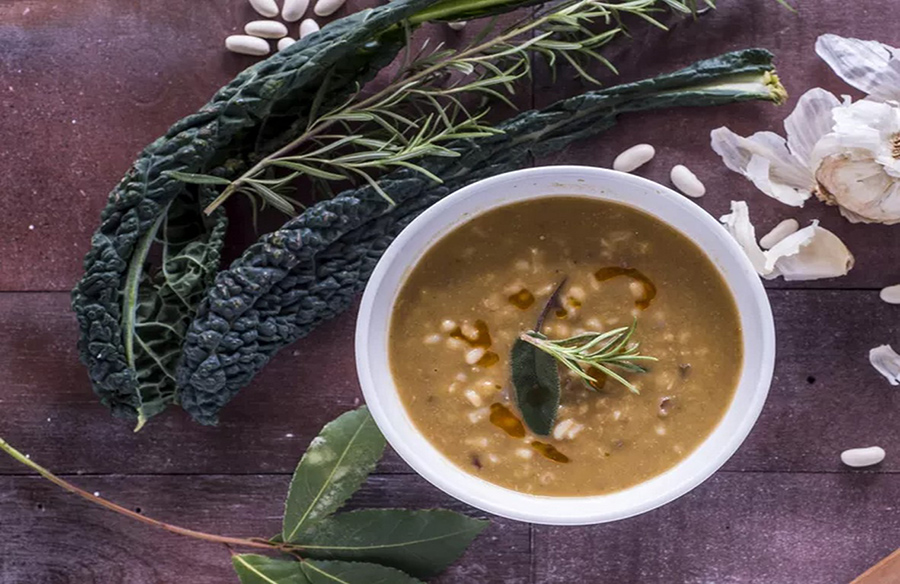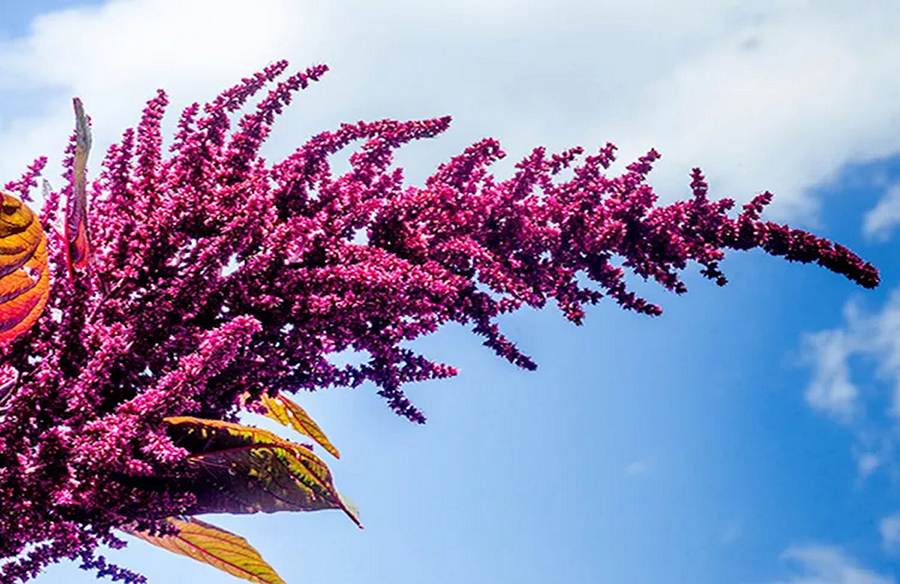Embracing the Vole: Understanding Its Role in Garden Ecology
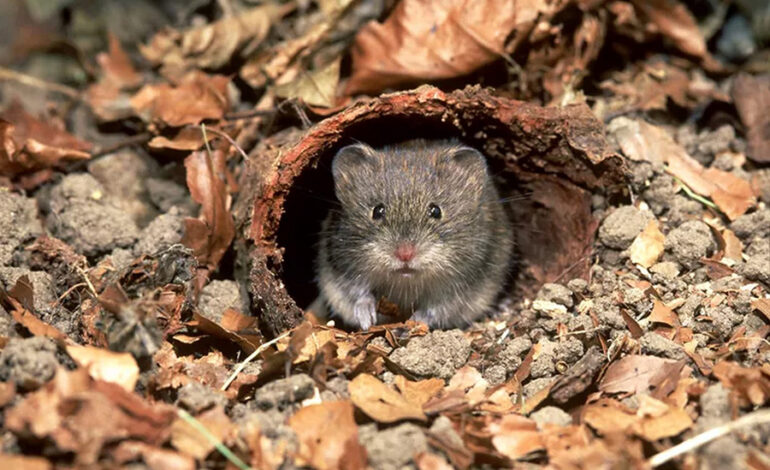
In the intricate web of garden ecology, every creature, no matter how small or seemingly insignificant, plays a crucial role. Despite being often labeled as pests, voles, also known as meadow mice, contribute to the balance and vitality of a garden ecosystem. Let’s explore why these small rodents are more than just nuisances and how they can actually benefit your garden.
The Typical Vole Predicament
Voles are frequently perceived as garden pests due to their propensity to consume a wide array of vegetation, ranging from seedlings to mature plants. Their voracious appetite poses a threat to gardeners, especially during autumn when their populations surge. From decimating seed stocks to nibbling on vegetable crops and even stripping tree bark, voles can wreak havoc on garden yields.

Recognizing the Vole’s Ecological Importance
Despite their penchant for garden delicacies, voles serve an essential ecological function within garden ecosystems. As a primary food source for predators like foxes and owls, voles contribute to the intricate food web of the garden. By sustaining populations of these predators, voles indirectly support biodiversity and help maintain natural ecological balances.
Moreover, voles play a role in weed seed control, helping to mitigate the spread of unwanted plants within the garden. Their burrowing activities contribute to soil aeration and nutrient cycling, promoting soil health and fertility.
Cultivating Harmony with Voles
While the presence of voles may entail some garden losses, it is possible to coexist with these creatures by implementing strategic management techniques. Creating vole-friendly habitats in wilder areas of the garden while protecting vulnerable plantings with physical barriers or deterrents can help strike a balance.
Practical measures such as using cloches to shield plants and sprinkling cayenne pepper around vulnerable areas can deter voles without resorting to harmful methods. By providing ample food, shelter, and habitat in designated areas, gardeners can encourage voles to inhabit spaces where their presence is beneficial while minimizing damage to cultivated areas.

Conclusion: Voles as Garden Allies
In conclusion, rather than viewing voles solely as garden adversaries, it’s essential to recognize their role as integral components of garden ecosystems. By understanding their ecological significance and implementing thoughtful management practices, gardeners can foster harmony between voles and cultivated spaces. With careful planning and a willingness to embrace biodiversity, voles can indeed become valuable allies in promoting the health and vitality of the garden.






